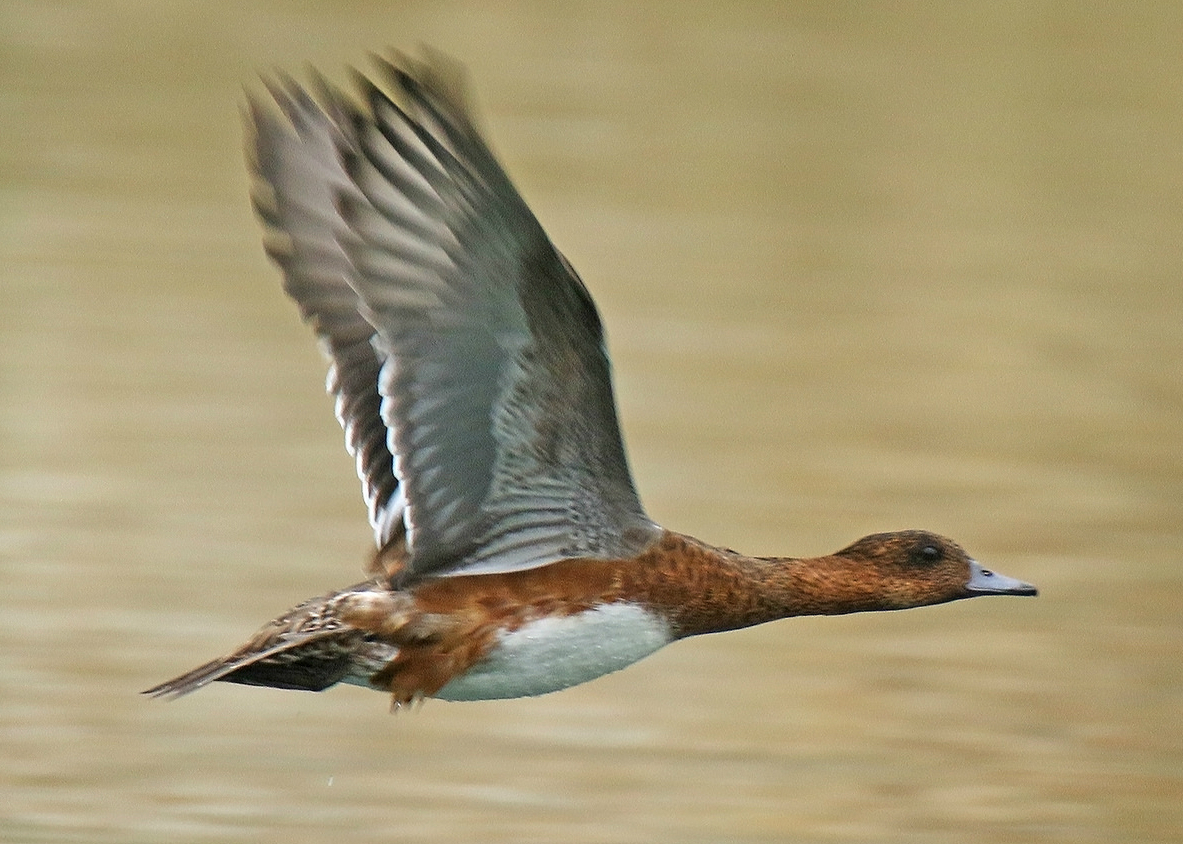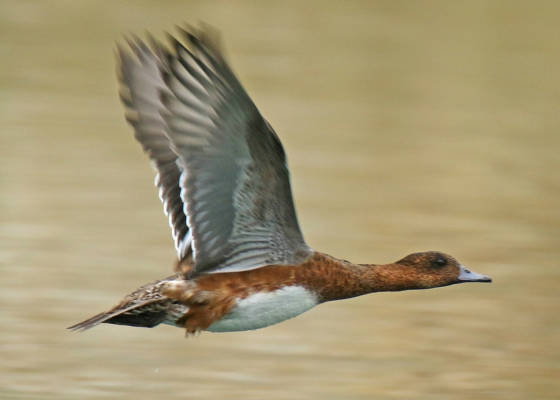Drenthe province told to stop culling mice and birds for airport safety


The provincial authorities in Drenthe were wrong to give Groningen Airport Eelde permission to cull dozens of different birds and mammals, including mice, to ensure flight safety, a court has decided.
The airport, which is situated in Drenthe, submitted the list of 41 species of bird and 26 types of mammal, including foxes and raccoons, which it claims endanger flights in January last year. Among the birds on the list are teal, wigeon, lapwings and golden plover which are threatened.
‘We are talking about a ridiculous number of species, including ones that are on the red list [of protected species]. The province provides no justification why it want to get rid of some species,’ animal protection organisations Fauna4Life and Animal Rights, said.
The provincial authorities may allow the culling of threatened species under certain circumstances but were ordered in 2020 to review the list. Some 20 species were reprieved but, the animal protection organisations said, that still left many species on the cull list for no reason at all.
The organisations are happy the court is backing their efforts to prevent what they see as arbitrary and unnecessary killing. ‘We know airports are a sensitive issue. Nobody wants planes to crash. Our main argument is that if a province allows a cull it must be fully justified. That us not the case here and that is not a good thing,’ Animal Rights campaign leader Jessica Smit told broadcaster RTV Noord.
National interest
Drenthe provincial authorities maintain that the airport is of ‘national interest’ and that everything must be done to make sure planes can land and take off there safely.
The only way left open for the airports and the provincial authorities to fight the decision is to appeal to the Council of State, the highest administrative court in the land. They have six weeks to do so.
Neither have said what they will do but they did say that the cull would continue at least for the twelve weeks it takes to reconsider the extent of the permit.
Thank you for donating to DutchNews.nl.
We could not provide the Dutch News service, and keep it free of charge, without the generous support of our readers. Your donations allow us to report on issues you tell us matter, and provide you with a summary of the most important Dutch news each day.
Make a donation